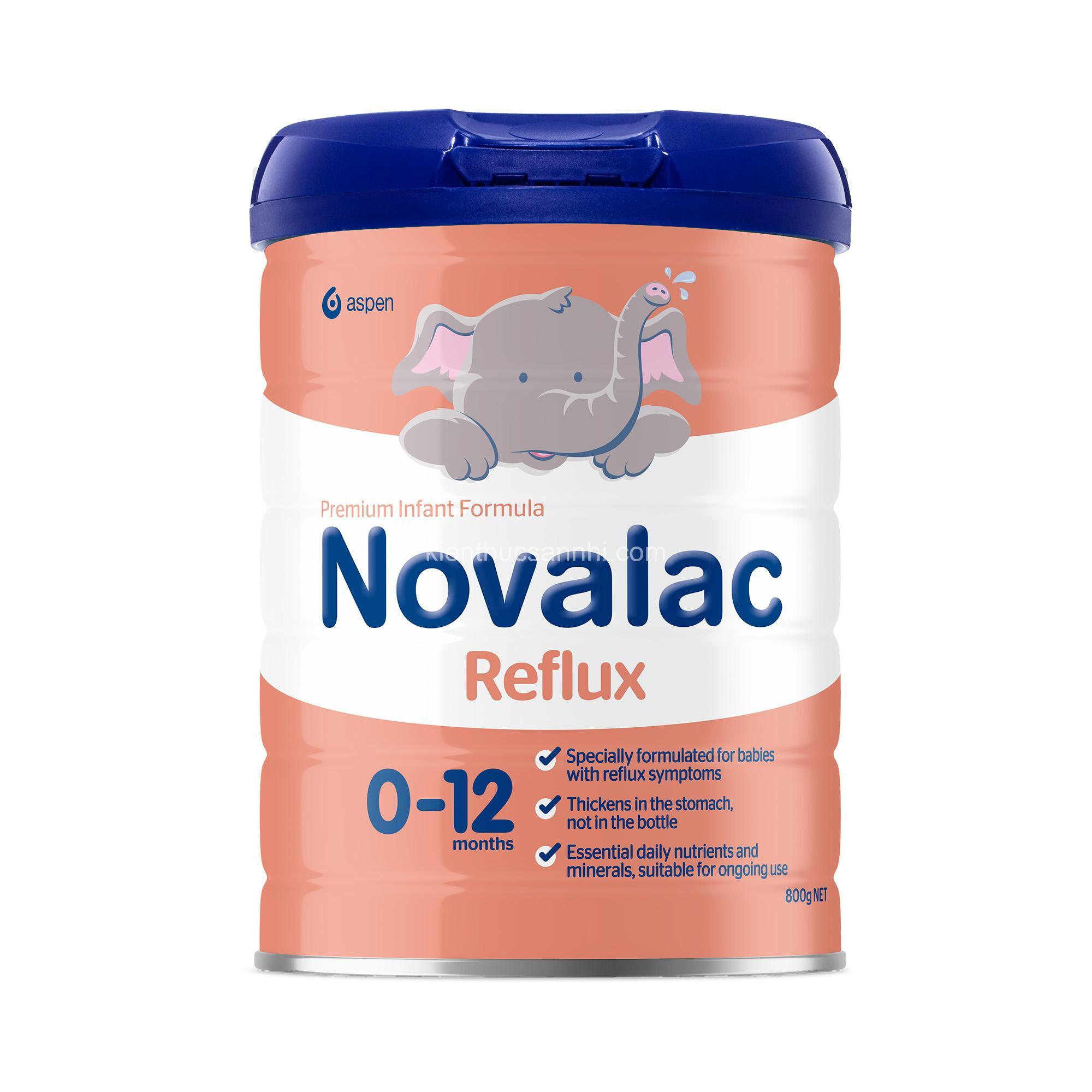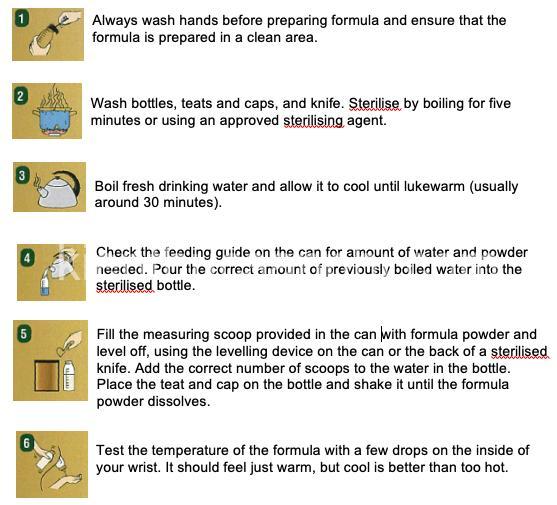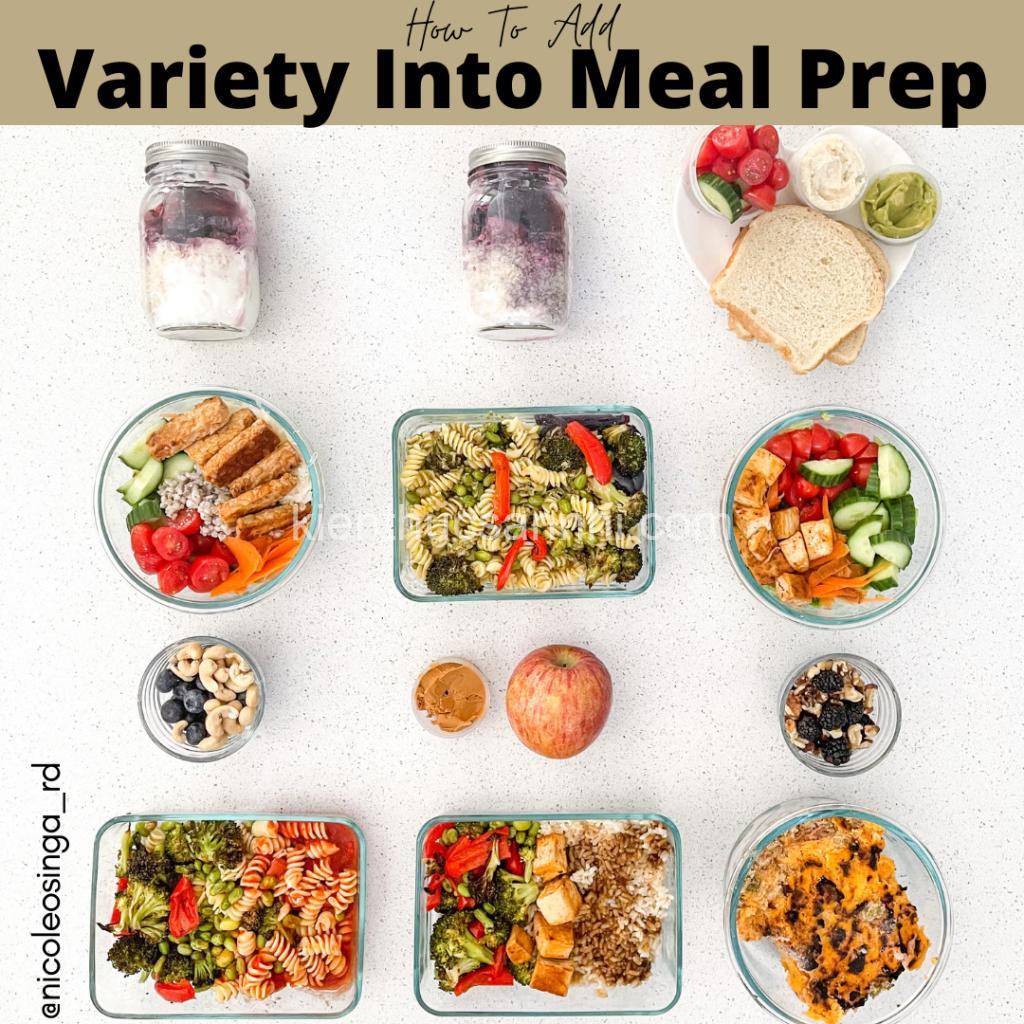
Specialized Formulas for Baby Reflux: A Parent’s Guide. In today’s article, kienthucsannhi.com will explore with you in the most detailed and complete way. See now!
Specialized Formulas for Reflux: A Guide for Parents
It’s a common concern among parents: reflux. That unsettling feeling of your baby spitting up or vomiting after feeding can be a source of stress. Thankfully, there are specialized formulas designed to address these issues and provide relief for your little one. These formulas are specially crafted to help manage reflux symptoms and improve digestion.
Let’s dive into the world of specialized formulas:

Thickened Formulas:
Thickened formulas are a popular choice for babies with reflux, and they work by increasing the viscosity of the milk, making it thicker and slower flowing. This slows down the milk’s journey down the esophagus, reducing the chance of it flowing back up (reflux).
Popular thickened formulas often use rice starch or corn starch to achieve this thicker consistency. Thickened formula can be a good option for babies who are spitting up frequently or experiencing discomfort due to reflux.
However, it’s important to note that these formulas can also lead to constipation in some babies, so monitoring their bowel movements is crucial. Another potential drawback is that these formulas can be slightly more difficult to feed, especially for babies who are used to thinner formulas.
Hydrolyzed and Amino Acid Formulas:
These formulas are designed to ease digestion for babies who may have food sensitivities or allergies. They contain modified proteins, meaning the protein has been broken down into smaller particles, making it easier for the baby’s digestive system to process.
Hydrolyzed formulas are usually the first step for babies with suspected allergies. They break down proteins into smaller peptides. Amino acid formulas break down proteins into individual amino acids, making them even easier to digest. These formulas are a good option for babies who are having trouble digesting standard formulas or who are experiencing allergic reactions.
However, it’s important to remember that these formulas can be more expensive than standard formulas. They may also have a slightly different taste and odor that may not be as appealing to some babies.
Probiotic Formulas:
Probiotic formulas are gaining popularity for their potential role in supporting gut health and reducing reflux symptoms. These formulas contain live beneficial bacteria known as probiotics, which can help to restore the balance of the gut microbiome.
Gut bacteria play a vital role in digestion and overall health. Probiotics can help to reduce inflammation in the digestive tract, promoting better digestion and potentially reducing the frequency of reflux.
It’s crucial to remember that research on probiotics in infants is still ongoing. While some studies show promising results, further research is needed to determine the long-term benefits.
Choosing the Right Formula:
Choosing the right formula for your baby is a crucial decision. Consulting with a pediatrician or other healthcare professional is the best first step.
They can assess your baby’s individual needs and recommend the most suitable formula. Here are some questions you can ask your doctor:
- What is the severity of my baby’s reflux?
- Are there any potential food allergies or sensitivities?
- What type of formula is best for my baby’s age and weight?
- What are the potential risks and benefits of different formula types?
Remember, every baby is different. What works for one baby may not work for another. It’s crucial to work closely with your doctor to find the best solution for your little one.
Understanding Infant Reflux and its Impact
Reflux, also known as GERD (gastroesophageal reflux disease), is a common condition in babies. It occurs when stomach contents flow back up into the esophagus, causing discomfort and sometimes spitting up or vomiting.
Infant reflux is often due to an immature digestive system. Babies have a weak esophageal sphincter, the muscle that separates the esophagus from the stomach. This weakness can allow stomach contents to easily flow back up into the esophagus.
Standard formulas can sometimes contribute to reflux in babies. For example, formulas that have a fast flow rate can cause babies to swallow air, leading to increased pressure in the stomach and a higher risk of reflux. Formulas high in lactose, a sugar found in milk, can also contribute to reflux in some babies.
Reflux can impact a baby’s overall well-being.
- It can cause weight loss if babies are not able to keep down enough food.
- It can lead to poor growth and development if the baby is not getting enough nutrients.
- It can make the baby irritable and difficult to soothe.
Common Misconceptions About Reflux:
There are many misconceptions about reflux circulating among parents. It’s important to dispel these myths and focus on accurate information. Some of the most common misconceptions include:
- Reflux is always a sign of something serious. In most cases, reflux is a common and harmless condition that resolves with time.
- All babies with reflux need specialized formulas. While specialized formulas can be beneficial for some babies, not all babies with reflux require them.
- Reflux is caused by overfeeding. While overfeeding can worsen reflux symptoms, it’s not the primary cause.
Practical Tips for Managing Reflux
Managing reflux at home can be done with a few simple strategies.
- Burping frequently during and after feeding can help release trapped air in the baby’s stomach, reducing pressure and the risk of reflux.
- Keeping baby upright for at least 30 minutes after feeding can also help prevent reflux by allowing gravity to do its work.
- Avoiding overfeeding can help prevent reflux by reducing the amount of milk in the stomach. Smaller, more frequent feedings can be a better option.
- Choosing a feeding position that promotes swallowing can also be helpful. Holding the baby upright or using a feeding position where the baby is slightly tilted can help prevent milk from backing up into the esophagus.
Creating a Reflux-Friendly Feeding Environment:
- It’s also important to consider the baby’s emotional state. A calm and relaxed feeding environment can help promote a more successful feeding session and potentially reduce reflux symptoms.
- Feeding time should be a peaceful and enjoyable experience.
- Minimize distractions and ensure that the baby is comfortable and secure.
Seeking Professional Help
While home remedies can help manage reflux, it’s crucial to seek professional advice from a pediatrician or other healthcare specialist if you have any concerns about your baby’s reflux. They can assess the severity of your baby’s condition and recommend the most appropriate course of action.
- Early intervention and diagnosis are crucial for managing reflux effectively.
- In some cases, additional interventions may be necessary, such as medication or surgery.
- For example, some babies may benefit from antacid medications to neutralize stomach acid or proton pump inhibitors to reduce acid production.
Red Flags: When to Seek Medical Attention Immediately:
While most cases of reflux resolve with time and appropriate management, there are certain signs that warrant immediate medical attention. These include:
- Significant weight loss
- Blood in vomit or stools
- Difficulty breathing
- Arching of the back
- Gagging or choking during feeding
- Refusal to feed
- Failure to thrive
If you notice any of these symptoms, it’s crucial to contact your pediatrician immediately.
Reassurance and Long-Term Outlook
It’s important to remember that reflux is a common condition in babies, and most babies outgrow it by the time they are one year old. With appropriate management, reflux usually resolves with time and does not cause any long-term complications.
However, it’s important to continue monitoring your baby and following up with your pediatrician, especially if you have any concerns. They can track your baby’s growth and development and ensure that they are getting the proper nutrition.
Resources for Parents:
Here are some reputable resources for parents seeking additional information and support:
- American Academy of Pediatrics (AAP): https://www.aap.org/
- National Institutes of Health (NIH): https://www.nih.gov/
- The National Digestive Diseases Information Clearinghouse (NDDIC): https://www.niddk.nih.gov/
FAQs About Infant Reflux
Is there a specific type of formula that helps with reflux?
Yes, there are several types of formulas designed to address reflux in babies. These include thickened formulas, hydrolyzed and amino acid formulas, and probiotic formulas. The most suitable formula for your baby will depend on their individual needs and the severity of their reflux.
What are some common reflux symptoms in babies?
Common reflux symptoms in babies include spitting up, vomiting, crying, irritability, and arching their back. These symptoms may be more pronounced after feeding.
What is the difference between standard formula and specialized reflux formulas?
Standard formulas are designed for healthy babies with no specific needs. Specialized formulas for reflux are formulated with ingredients or modifications that help to slow down milk flow, ease digestion, or support gut health, reducing the risk of reflux and promoting better digestion.
Is there a link between reflux and allergies?
Yes, there can be a connection. Some babies may experience reflux due to food allergies or sensitivities. In these cases, switching to a hypoallergenic formula, such as hydrolyzed or amino acid formula, may help reduce reflux symptoms.
Should I worry if my baby continues to have reflux after a year?
If your baby’s reflux persists beyond a year, it’s essential to consult with your pediatrician. They can assess the severity of the reflux and recommend appropriate management strategies, including potential interventions like medication or surgery.
Conclusion
Understanding reflux and the options available to manage it can provide peace of mind for parents. With the right information, you can confidently choose the best formula and feeding practices for your baby. Remember to consult with your pediatrician and don’t hesitate to seek additional support from reputable resources.
If you’d like to share your experiences with reflux, or have any questions, leave a comment below! For more insightful content about caring for your baby and other topics, visit kienthucsannhi.com, where I share my knowledge and expertise on all things animal-related.







